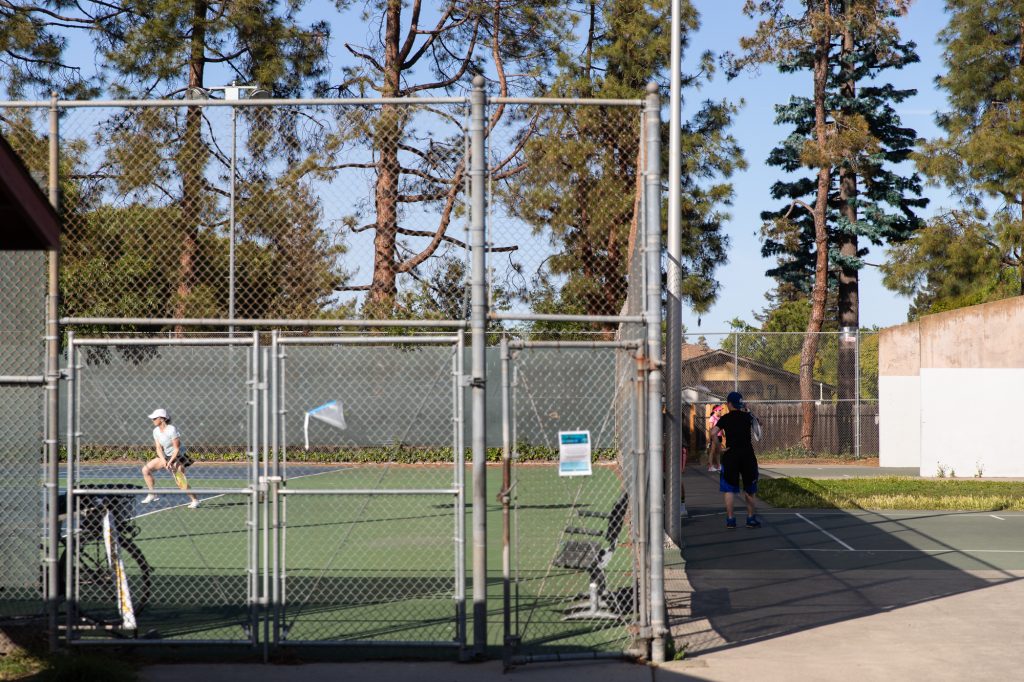New Residency Requirement for Tennis Court Reservations
Palo Alto is set to implement a residency requirement for tennis teams wishing to reserve municipal courts. This decision follows complaints about the existing first-come, first-served policy, which reportedly favored out-of-town teams.
Policy Implementation Timeline
The Parks and Recreation Commission’s updated policy is expected to go into effect at the beginning of next year, pending approval from City Manager Ed Shikada. This change marks the second tennis-related policy adjustment this month, as the Palo Alto Unified School District announced it will sever its contract regarding court reservations starting November 11.
Eligibility Criteria for Teams
According to the updated policy, teams registered with the United States Tennis Association (USTA) must demonstrate that at least 25% of their members reside in Palo Alto in order to book a city-owned court. Data from spring revealed that only one-third of the 93 USTA teams playing in Palo Alto met this residency requirement, confirming residents’ concerns about out-of-town teams dominating court reservations.
Reservation Priority and Enforcement
In cases of competing reservations, priority will be granted to teams with a higher number of Palo Alto residents. To ensure compliance with the residency rule, city officials will require documentation, such as utility bills, to verify team rosters. Community tips concerning teams that might violate the policy will also be investigated.
Challenges and Community Feedback
While the Parks and Recreation Commission generally supports prioritizing local players, some community members voiced concerns. Ieda Garcia, a tennis coach at Castilleja School, argued that the residency rule would hinder play for those who commute from nearby areas for tennis activities.
Additional Policy Adjustments
The commission also discussed complaints regarding long wait times and decided to extend the reservation window from two to three hours. Furthermore, the updated policy officially recognizes court reservation rights for local youth organizations, allowing them up to four days a week and two hours a day for booking. The commission intends to present the policy to the City Manager for approval and will reconvene next year to review its effectiveness.
Goals for Future Court Use
Palo Alto’s Senior Community Services Manager, Adam Howard, emphasized the need to accommodate various tennis participants, including USTA players and casual players. The objective is to ensure equitable access to the courts for all users.



